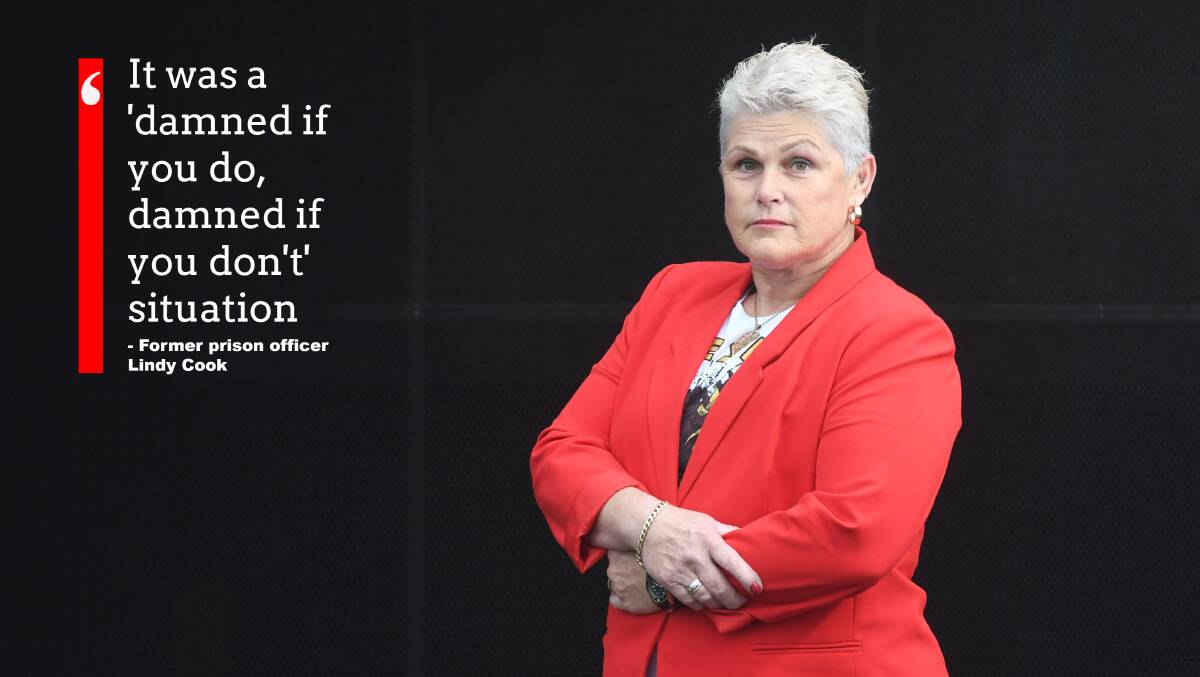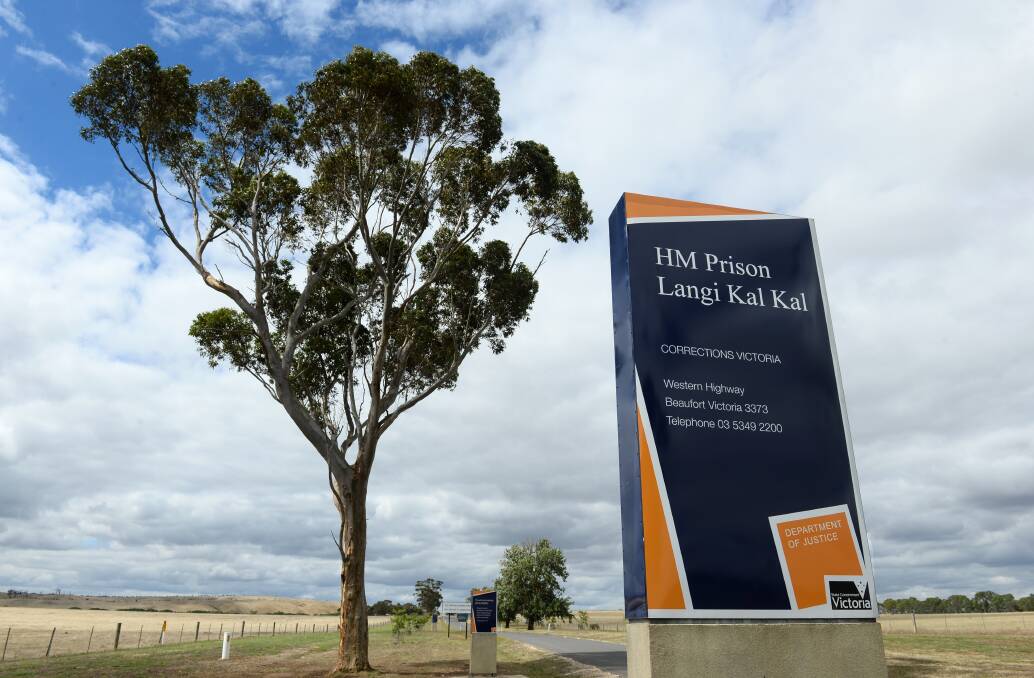
Allegations of a long-standing culture of misogyny and bullying at prisons by Corrections Victoria officers have been made by former staff, who have spoken exclusively to Australian Community Media's The Courier.
Subscribe now for unlimited access.
or signup to continue reading
These are their stories.
Lindy Cook had an early intuition that the cultures at both Langi Kal Kal and Hopkins Correctional Centre (Ararat Prison) were not easy places for women to thrive.
After a 12-year career in the Australian Army, Cook joined Corrections Victoria in 2004.
"When I first commenced in the prison service, I was confident, I wanted to learn, I was knowledgeable," Cook says.
"That was my downfall - I was confident. I'd come straight from the army, from an army environment and they didn't seem to appreciate that."
She began working at the then Ararat Prison, now Hopkins Correctional Centre.
The prison officers Cook started with were known colloquially as 'The Dinosaurs'. For the most part men, they had come from old school prisons like Pentridge, where the entire culture was male, and had been transferred straight to Ararat, known as 'the Rats' Gaol', where men were still held four to a cell and practices were archaic.
"The prison was known as the Rats' Gaol because of who was there," says Cook.
"It was a protection prison, and I believe some of the officers tried to take on a 'Pentridge' persona: there was a lot of bastardisation; they didn't appreciate women. 'Women shouldn't be working in a male prison,' they said. So they used to set us up in a lot of ways; they set us up to fail."
Cook says a system of mateship protected the older male officers, who resisted informing on each other or reporting misbehaviour. Women were told they had to conform to the way men ran the system, or risk being 'an outcast'.
Known by the women officers as 'The Piss-pots Club', it had strong affiliations with the local RSL and football clubs. Prison guards made arrangements to alter their work rosters in order to attend football matches; one, a local football champion who lost his driver's licence for DUI (a prerequisite for holding a Corrections position), was provided with a driver.
Male officers would arrive for work late and affected by alcohol following football matches and functions, and would sleep off their hangovers in a unit of the prison, Cook says.
Women officers who arrived late were forced to fill out reports.
The existence of a kind of 'father-son' rule also affected the culture, where older officers helped their sons into the Corrections Service and then trained them, setting up a kind of dynastic misogyny.
It was very much a club, and you had to be in that club.
- Lindy Cook, former officer, Langi Kal Kal
Cook wasn't.
She says she had the 'effrontery' to apply for a Cert IV Supervisor Development course, which was supported by Corrections Victoria but not by prison management, who made Cook attend assessments in her own time on her days off - a requirement not made of others on the course.
Cook began to experience discrimination at the prison. In training for a senior role, she was left supervising a prison gate on a visitors' weekend without a mentor - a huge responsibility.
She was responsible for the admission of visitors and the management of two general gate staff responsible for entry security.
The job was mandated for three staff members. One senior prison officer left the job early - to umpire a local football match. It was usual for this job to require two-week's 'buddy' training - which male officers received routinely. Cook got none.
On the day of her mother's death, Cook received a message from her husband to come home as her mother's condition was deemed terminal. The message was one of four. Three previously delivered were not communicated to Cook; her request to end her shift to attend was denied.
By the time she attended her mother's home, she had died. She applied for bereavement leave, only to be told by Human Resources, 'Don't you know it's Grand Final weekend?' (Leave was belatedly approved).
She was told to undertake the 'unlock', a job involving the collection of padlocks from prison doors (now superseded) and carrying them in satchels to a secure place. The combined weight of the locks was over 50kg and was usually undertaken by two male officers; Cook and other female officers were directed to do the task on their own.
Women officers were routinely directed to intervene if there was inappropriate sexual activity between visitors and prisoners during visits, rather than male officers stepping in.
At the same time it was common for male staff to make inappropriate or 'blue' comments about female visitors to the prison. Comments like 'You know we can strip-search you, don't you?' were made as jokes to female visitors.
Male officers accessing pornography at work was also routine. Cook says about 30 male prison officers at Ararat were discovered to have accessed pornography or had pornography on their computer drives. Despite being disciplined, the matter was kept quiet and eight officers were later promoted.
In contrast, Cook was disciplined for sharing via email a 'Krispy Kreme' calendar of large-bodied women in lingerie, as part of a fundraiser for the local women's basketball team.
While the calendar was not pornographic, Cook was later denied her 10-year service medal over the matter, which was withheld for 12 months.
Cook transferred to Langi Kal Kal prison in 2013, where she was reprimanded for sending out an Australia Day notice advising the lack of visits on the public holiday because she had used national flag clip art in it.

This was 'racist' according to her supervisors.
A series of events followed, culminating in what Cook alleged was a physical assault by a male supervisor over a minor matter regarding inspections. The man was later promoted.
"I wanted to conduct myself in a professional manner and do my job professionally, and anything I did was questioned, or the rules would be changed without notice." Cook says.
"It was a 'damned if you do, damned if you don't' situation," she says.
Ms Cook resigned from Corrections Victoria in February, 2019.
- Lifeline: 13 11 14; Beyond Blue: 1300 22 4636.


